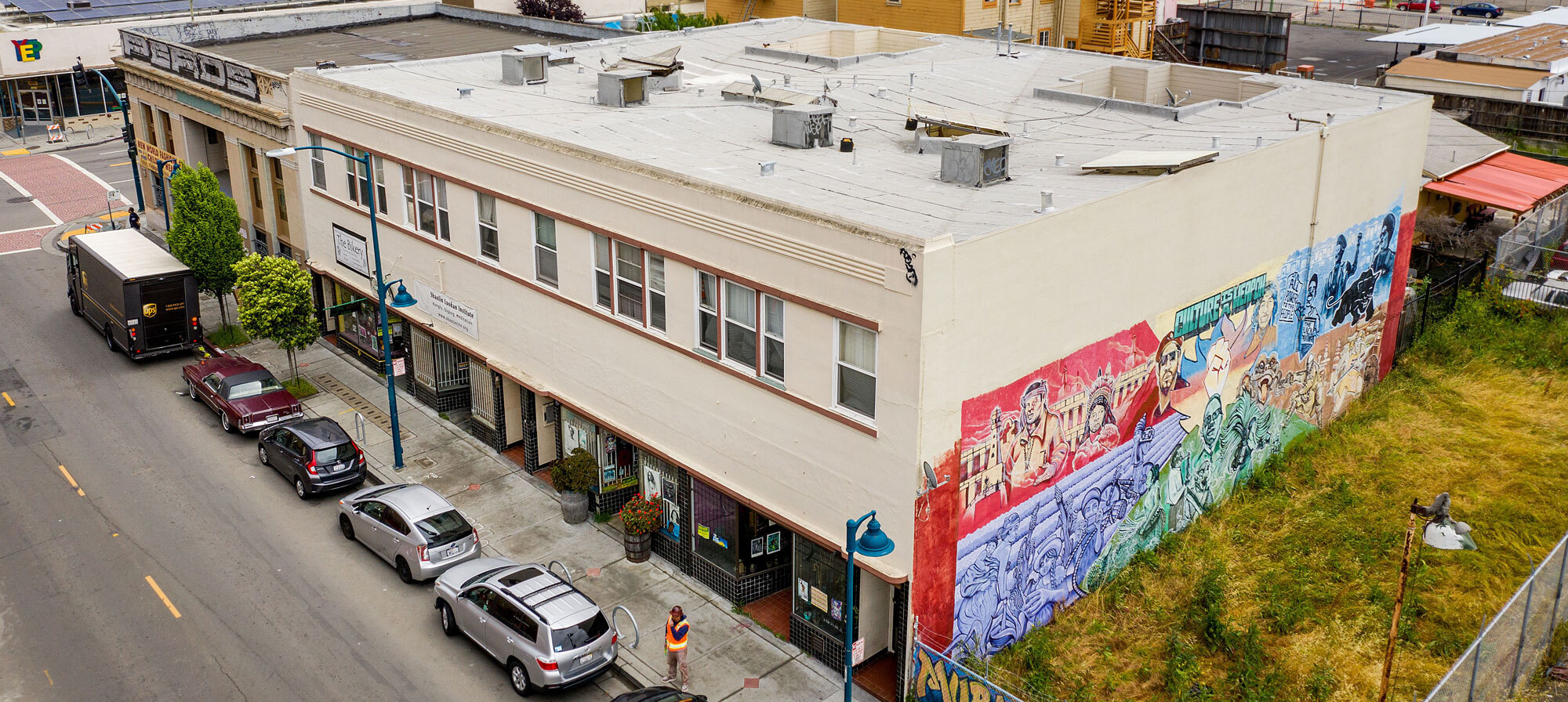FOR IMMEDIATE RELEASE
June 25, 2019
Contact: Miya Saika Chen
Chief of Staff
mchen@oaklandca.gov
(510) 238-7246
City Council Passes New Budget Solution to Oakland Housing Crisis: $12 Million Municipal Fund to Preserve Permanently Affordable Housing with Community Land Trusts
New Preservation of Affordable Housing Fund (PAHF) Aims to Provide Affordable Ownership for Oakland Tenants Facing Threat of Displacement & Take Housing Off Speculative Market
Oakland, CA — On Monday, June 24, 2019, Oakland City Council unanimously passed a balanced budget with $12 million allocated to create a municipal fund for community land trusts and limited equity housing cooperatives to take housing off of the speculative market by acquiring and preserving rental properties with 25 or fewer units. The allocation was authored by District 2 Councilmember Nikki Fortunato Bas who worked with local grassroots organizations Alliance of Californians for Community Empowerment (ACCE) Action and Oakland Community Land Trust (OakCLT).
The Preservation of Affordable Housing Fund (PAHF) is among several new investments in the FY 2019-21 budget to address Oakland’s housing, displacement, and homelessness crises, including hiring a mobile outreach team and full-time administrator focused on homelessness, creating homeless navigation centers, and expanding direct legal and emergency rent assistance for tenants.
“Our longtime neighbors are being pushed out while thousands of luxury housing units are being developed. This budget is a huge systemic opportunity to fix a crisis that is everywhere we look and only getting worse,” said Councilmember Bas. “We can’t solve it by tinkering at the margins, dedicating resources only a fraction the size of the challenges we face. This fund is a bold investment in a visionary solution that takes land off of the speculative market and puts it permanently in the hands of Oaklanders.”
For Oakland residents under the immediate threat of displacement, the PAHF aims to provide access to financial and systemic support to stay in their homes. The overwhelming majority — 88 percent in 2016 — of Oakland’s existing housing stock is in “small site” properties, buildings with 25 units or fewer. Residents of these sites are particularly vulnerable, as consecutive changes in building ownership have and continue to produce significant rent increases. The PAHF is Oakland’s first dedicated source of public funding to ensure adequate preservation of affordability in these units, and its first effort to systemically assist community land trusts in purchasing small site buildings.
The PAHF’s initial $12 million will be sourced from the 2016 Measure KK Oakland Infrastructure Bond, which included $100 million towards anti-displacement efforts and affordable housing preservation. The PAHF will prioritize households under 80% of the Area Median Income (AMI).
“Housing is a life or death matter for many in Oakland and a quality of life issue for all of us. Community land trusts are effective models that have created permanent affordability and accessible ownership for working class communities and communities of color across the Bay Area and nationwide,” said Steve King, Executive Director of OakCLT. “This fund is about using the city’s resources to directly and equitably serve Oaklanders — by expanding long-term community ownership of housing and investing public dollars in the permanent benefit of low income residents.”
OakCLT has preserved and stewarded nearly 50 units across properties throughout the city, including through multi-unit multi-use preservation projects, single family homes, and community land parcels. The cost to build a new affordable unit in Oakland is approximated at $600K. OakCLT’s preservation costs in East Oakland have averaged $250K per unit. OakCLT’s model is efficient and leverages one-time government and private subsidies to build a local supply of housing that enables cost-effective homeownership, asset building, and permanent stability. Preserving more existing affordable homes and expanding permanent affordability is critical to stop the displacement of more and more residents.
“In 2017 when my rent was going to go up by $1,400, I was planning to move my family into a motel. It seemed that there weren’t many options for us to stay in Oakland,” said ACCE member-leader Norma Sanchez of her home in the East Oakland neighborhood of Eastmont. “But after I organized my neighbors going through the same thing, we managed to not only stop the rent increases but got our homes purchased by the Oakland Community Land Trust. I’m a lot less worried about my family and my neighbors’ families needing to leave the city. We all will now have the chance to own our homes. This is a dream that now is a reality for more people, but we need to continue to fight so it can become a reality for all families.”
###
About District 2 Councilmember Nikki Fortunato Bas
For two decades, Nikki Fortunato Bas been an advocate for working people, leading the passage of policies in Oakland to create the building blocks for regional, state, and national change. A resident of District 2 for over 20 years and a lifelong community organizer, Councilmember Bas started out in Chinatown organizing Chinese immigrant garment workers to win their wages back. She also worked in coalitions to raise Oakland's minimum wage with paid sick leave, create living wage jobs on the old Oakland Army Base, and reduce diesel truck pollution at the Port of Oakland. Learn more at oaklandca.gov/officials/nikki-fortunato-bas.
